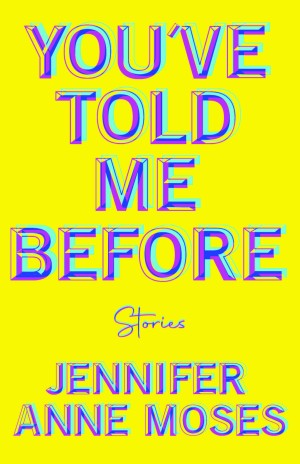The quintessential American novel, as Jewish American critic Leslie Fiedler argued years ago, involves an often solitary hero who goes on a quest into the wilderness to discover his true identity. In many cases, he’s accompanied by a faithful companion who serves as a guide to the mysteries of nature and culture. Think Moby-Dick, Huckleberry Finn, or On the Road. Reuven Fenton’s debut novel, Goyhood, takes this mythic American pattern, overlays it with biblical allusions, and steeps it in a pot of twenty-first-century pop culture, Haredi culture, Southern Americana, and not a little Jewish humor. The result of this brew is regularly amusing and insightful.
The hero in this case is Marty (Mayer) Belkin, a Talmud scholar who is living the Haredi dream: he’s married to the daughter of the head of his yeshiva, and he studies Talmud morning till night. Marty/Mayer’s entrée into the Haredi world was unusual. Raised in rural Georgia, Marty and his twin brother, David, are free spirits, sons of a single mother who subscribes to a lax lifestyle. When a new-to-town Chabad rabbi shows up at their doorstep, having tracked down all the Jewish-sounding names in this almost Jew-free swath of the South, their mother claims to be Jewish, and Marty becomes Rabbi Kugel’s premier student. He’s eventually packed off to the heart of Haredi Flatbush, where he outshines his fellow students. Brother David remains in the South, leading a life as wild and unconfined as his mother’s.
The plot of the novel properly kicks off when, after years of not hearing from David, Marty/Mayer receives a phone call from him informing him that their mother has died. Mayer reluctantly heads to Georgia for what he thinks will be his mother’s funeral and shiva — only to find out something that will knock all the props out from under him: Ida Mae was not, in fact Jewish. Thus commences a madcap adventure, as brother David, who has somehow overcome his wastrel years and become a successful entrepreneur, inveigles Mayer into a road trip back to Brooklyn. In reality, though, David plans to take Mayer through the heart of the Deep South.
During their breakneck drive, the brothers argue and have a series of comic confrontations with local residents. Mayer stews over what he’s going to tell his wife about his not being halachically Jewish. Along the way, they team up with Charlayne, who is on her own quest to test her resilience by hiking the full length of the Appalachian Trail. This journey fills Marty with a yearning for the lost world of his childhood and reinstills in him the love of nature he has suppressed in his Talmud studies. Like many “road” novels, Goyhood is broken into discrete episodes — which, while entertaining in and of themselves, run the risk of drawing the reader away from the main theme.
Throughout the journey, Mayer raises questions about the meaning of his experience. Despite reassurances from Rabbi Kugel that all this must be happening for a reason, Mayer is unconvinced. It isn’t until the brothers attend a Shabbat retreat in rural Tennessee, run by a liberal female rabbi named Debbie, that Mayer begins to realize that his situation has a larger meaning.
Fenton’s descriptions of the landscape of the southern mountains are alluring. He could have gone further to explore culture clashes in the South, and to answer the question of what “goyhood” really means. However, he writes with skill and verve, and his experience as a journalist shines through in the detail and texture of his writing and in his ear for dialogue.





